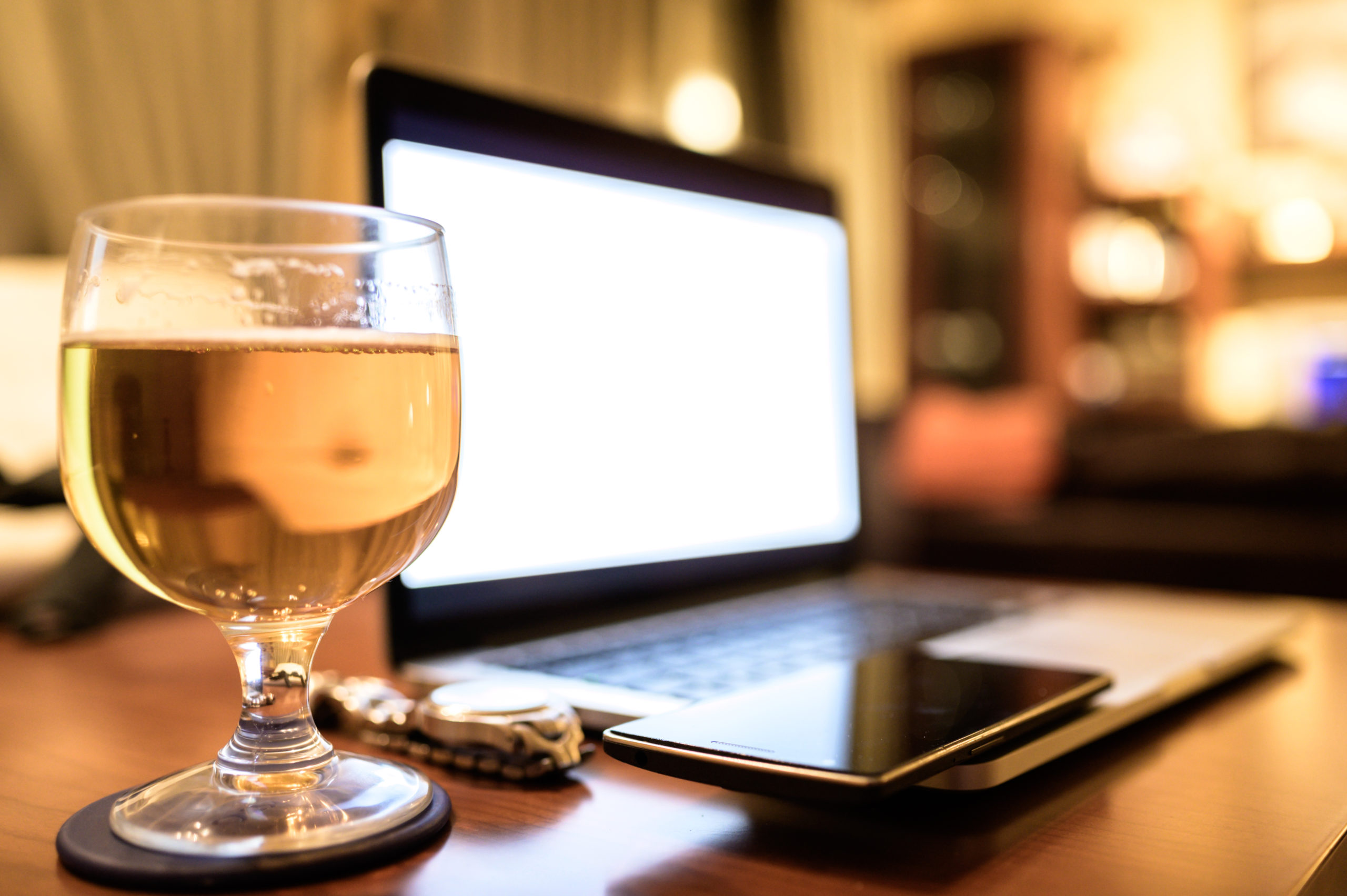In the haze of quarantines and COVID-19 stressors, it can be pretty easy to lose sight on your overall health and wellness. And, as we’ve mentioned in previous blogs, people are turning to booze during this time to help “cope” with this challenging situation. But it is important to understand when your drinking habits may be going a bit too far (and potentially slipping into alcoholism). Thankfully, new resources are available to help people understand if they have a legitimate problem.
NBC recently covered this issue, highlighting several approved digital tools that can monitor and measure a person’s alcohol consumption during quarantines. One comes from the National Institute on Alcohol Abuse and Alcoholism (also known as NIAAA) and is fairly easy to follow.
It consists of a brief online quiz that scores the severity of a person’s drinking habits. It asks readers 11 quick questions (with checkboxes), then provides a feedback ranking determining whether or not they need help.
Questions in the tool include, “Are there
And, truth be told, in situations like this it is not uncommon to seek out social interactions via online meeting apps like Zoom. Unfortunately, a lot of those invites can involve drinking in the form of a “Virtual Happy Hour” or “Friend Wine Time.” Though the intent is noble, booze often factors its way into these occasions; which could lead to the slippery slope of alcoholism.
NBC spoke with noted psychologist Dr. Sanam Hafeez about the issue. He also attributed boredom as a cause for drinking during this time.
“I think people just say, ‘Well, what’s there to do? We’re in quarantine,'” Dr. Hafeez explained. “It’s kind of like a forced vacation – might as well have a drink. And before you know it, it’s not just a drink; it’s a couple of drinks.”
He also offered a few more warning signs to watch out for. With everyone working from home now, it is even easier to hold yourself less accountable and slip into bad habits. He made a point to examine your professionalism after continuous drink-laden Zoom chats.
“You may notice that you’re starting to become late to your morning meeting. You don’t feel good when you’re not drinking,” Dr. Hafeez concluded. “That’s a pretty good sign you’re starting to develop a form of dependence.”







